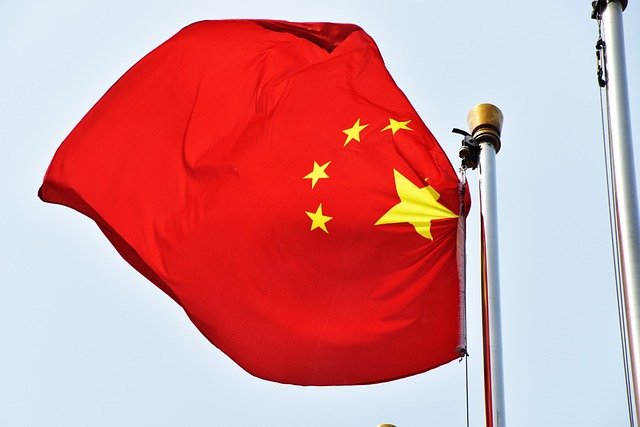
Trump ‘waved a white flag to Chinese hackers,’ senator says • The Register
Published on January 23rd, 2025
Introduction
The issue of cybersecurity has been a major topic of debate in the political arena, with the involvement of foreign actors in cyberattacks becoming a significant concern. One such incident that has sparked controversy is the claim that former President Donald Trump essentially “waved a white flag” to Chinese hackers, as asserted by a U.S. senator. This allegation points to actions or inactions that allegedly weakened the nation’s defense against foreign cyber threats during Trump’s administration. In this article, we explore the details of these claims, the context surrounding them, and the broader implications for U.S. cybersecurity.
The Allegations: A Vulnerable Nation
The claim that Trump “waved a white flag” highlights alleged weaknesses in the government’s response to cyber threats from China.
- Cyberattacks from China: Chinese hackers have been accused of stealing sensitive data from U.S. companies and government systems. These attacks have raised concerns about espionage and national security risks.
- Trump’s Response: Critics argue Trump’s trade policies and diplomacy with China may have left the U.S. more exposed. They claim his administration didn’t act strongly enough against cyber aggressors.
Context: The Rising Threat of Cyber Warfare
Cyberattacks have become one of the biggest challenges for national security.
- State-Sponsored Hacking: Groups backed by the Chinese government target industries like technology and defense. These attacks aim to steal valuable data and disrupt systems.
- National Cybersecurity Plans: Governments worldwide are strengthening their cybersecurity. Under Trump, the U.S. launched initiatives to improve its defenses but faced criticism for inconsistencies.
Trump’s Relationship with China: A Key Issue
The U.S.-China relationship during Trump’s presidency is a point of contention.
- Trade War vs. Cybersecurity: Trump imposed tariffs on China in a high-profile trade war. However, critics argue that his administration didn’t apply the same pressure on China’s cyber activities.
- Diplomatic Strategy: Trump’s dealings with Chinese leaders are seen by some as too lenient. Analysts believe this may have contributed to a softer stance on cyber issues.
U.S. Efforts to Fight Cyber Threats
Combating cyberattacks from foreign nations remains a major challenge.
- Improved Cybersecurity Measures: Agencies like DHS and CISA have worked to secure critical data. However, gaps in coordination remain a concern.
- Legislative Actions: Lawmakers have introduced bills to strengthen cybersecurity. Still, political divisions have slowed progress in creating a unified strategy.
Reactions from Lawmakers
The claim about Trump’s response to Chinese hackers has sparked political debates.
- Senator’s Criticism: The senator argues Trump’s approach was too weak. They claim his actions failed to protect the U.S. from growing cyber threats.
- Defenders of Trump’s Policies: Trump’s supporters say his trade measures were a better approach. They argue that a more aggressive stance could have worsened tensions with China.
Looking Ahead: Strengthening U.S. Cybersecurity
Cybersecurity remains a priority for future administrations.
- Building Stronger Defenses: Experts say the U.S. needs better collaboration between agencies, private companies, and allies to tackle future threats.
- Adapting to Emerging Technologies: Advances in AI and quantum computing bring new risks. The U.S. must stay ahead by quickly addressing these vulnerabilities.
Conclusion
The allegations that Trump “waved a white flag to Chinese hackers” illustrate the growing concerns about U.S. cybersecurity and the global implications of foreign cyberattacks. While some view the administration’s actions as inadequate in the face of a rapidly evolving cyber threat landscape, others believe that diplomacy and a measured approach were the better response. As cyber threats continue to evolve, the U.S. will need a comprehensive and coordinated strategy to safeguard its digital future. Ultimately, cybersecurity will remain a cornerstone of national security, and future administrations will likely face similar challenges in defending against global cyber adversaries.
